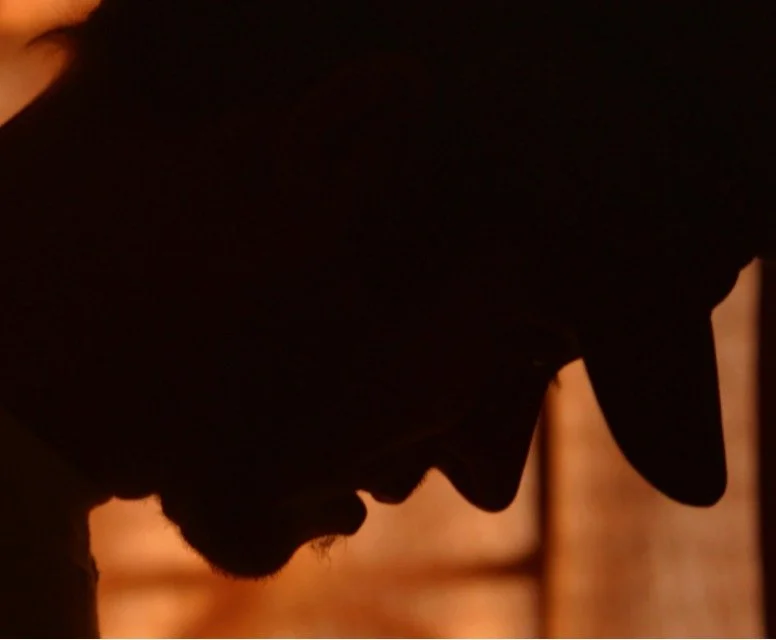The Shared Abyss: Trauma, Responsibility, and the Space Between
This essay examines the liminal psychological and ethical space between perpetrator and victim as a site of mutual trauma and shared moral implication. Drawing upon trauma theory (Herman, Laub, Caruth), psychoanalytic intersubjectivity (Benjamin, Fanon), transitional justice scholarship (South Africa's Truth and Reconciliation Commission, Myanmar's failed reconciliation), and the author's prior work on theological concealment and therapeutic presence, this analysis argues that genuine healing from violence—whether interpersonal, medical, or political—requires shared trauma work. Both victim and perpetrator inhabit a co-created traumatic field; neither can achieve psychological integration or moral repair without confronting the shadow that binds them. Legal case studies (sexual assault jurisprudence, medical negligence) and contemporary political violence (the Gaza conflict, analyzed through Yuval Noah Harari's theological-historical lens) reveal how trauma resists binary moral categories and demands what the author terms "inter-traumatic ethics"—a fusion of Levinasian responsibility and trauma theory. The physician, like the perpetrator, must confront complicity; the victim must risk re-opening the wound to rehumanize the other. Only through this dialectical encounter—where judgment and mercy, concealment and revelation coexist—does authentic reconciliation become possible.
